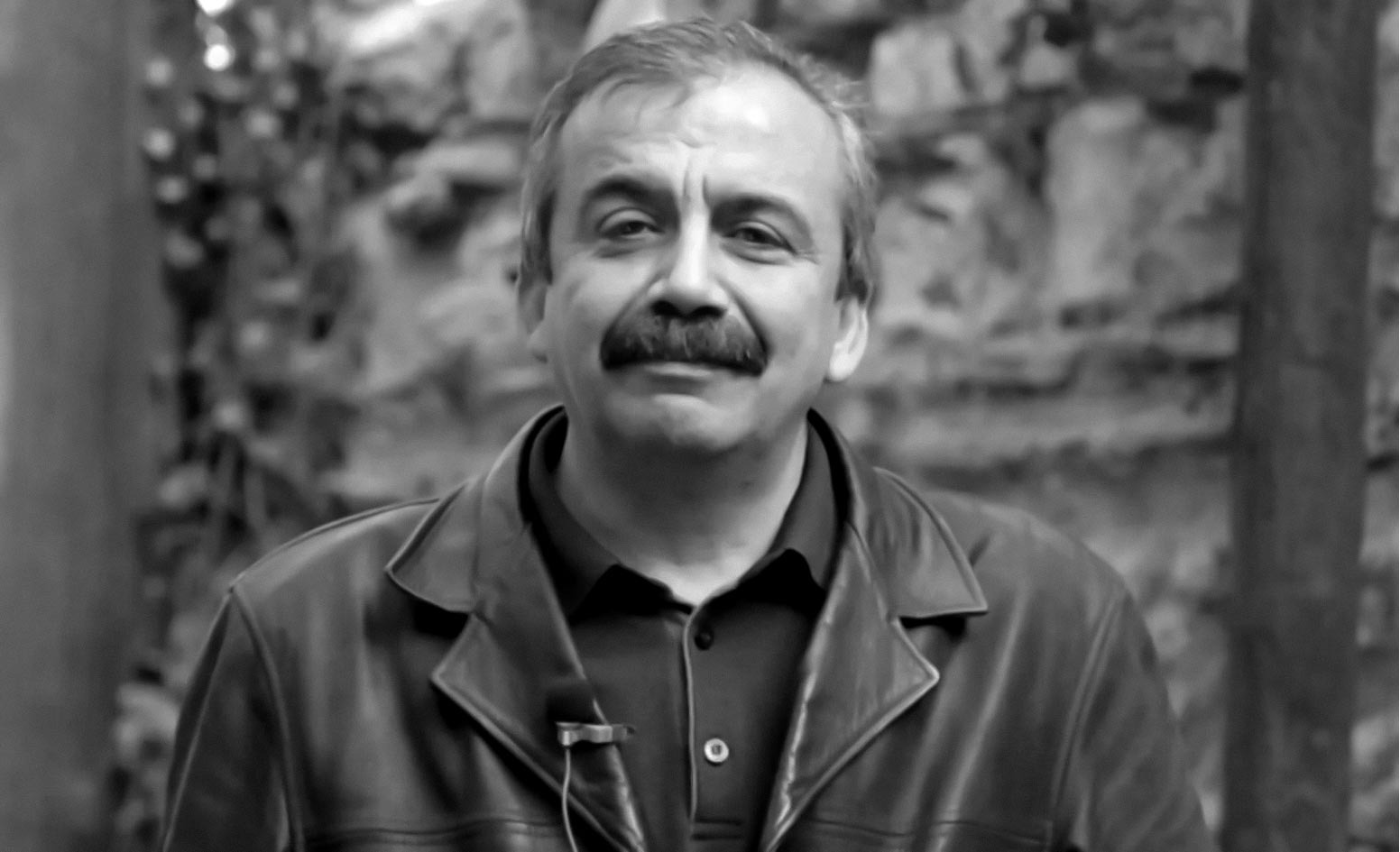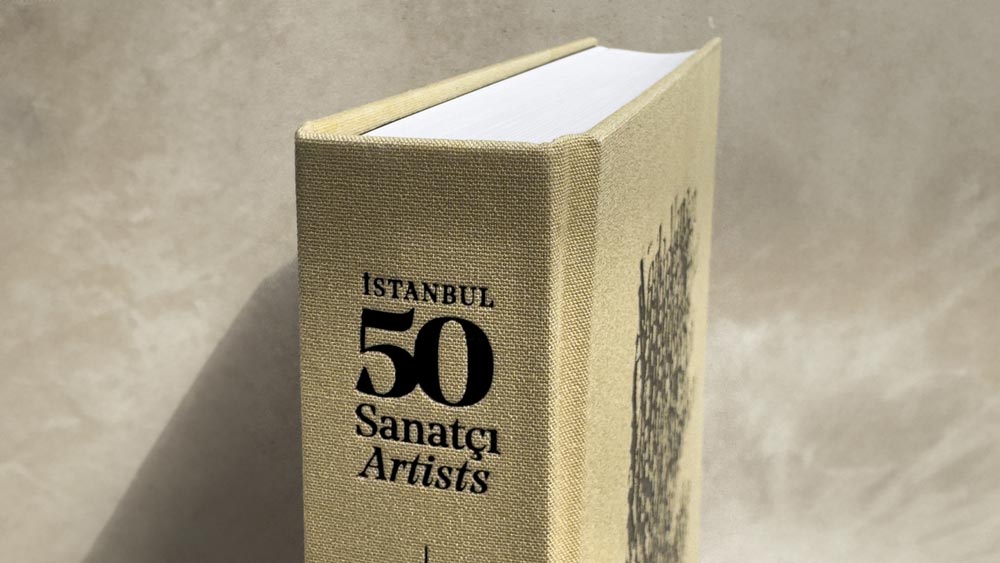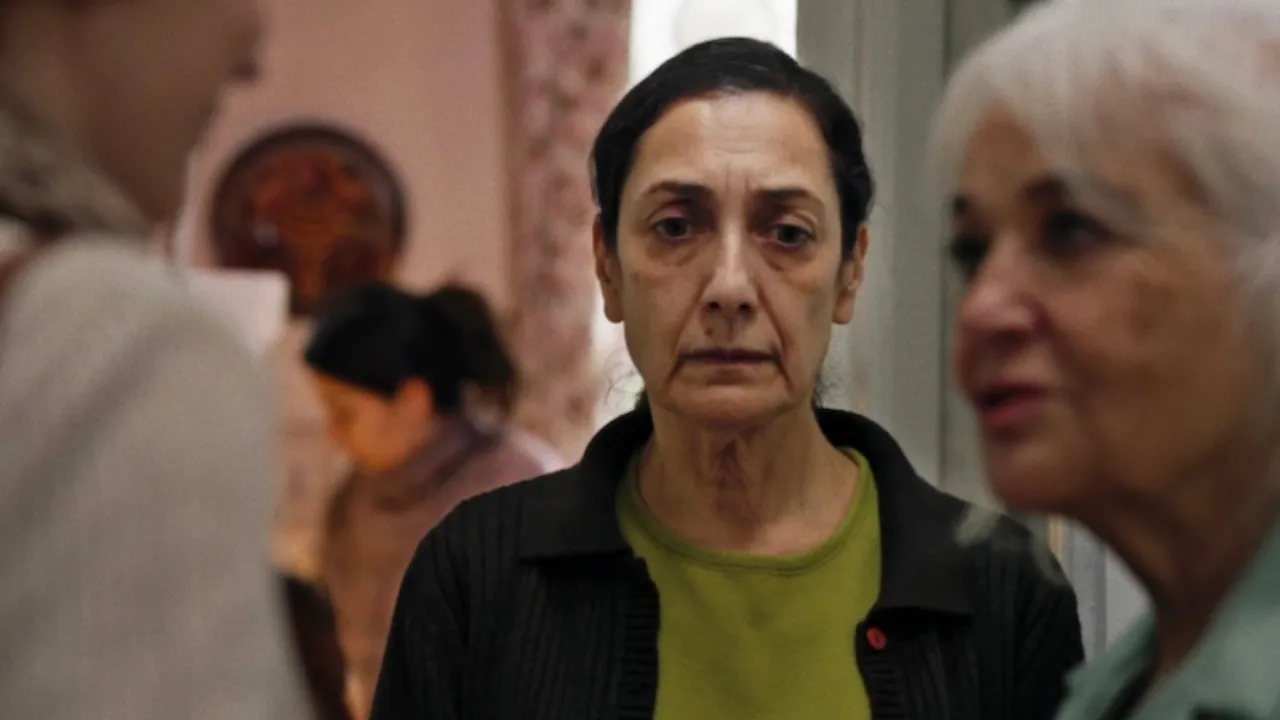Deputy Speaker of the Grand National Assembly of Turkey (TBMM), DEM Party Istanbul MP Sırrı Süreyya Önder (62), who was hospitalized in intensive care following an operation he underwent in the hospital following a heart condition, died on the 18th day of his treatment due to multiple organ failure. Önder left his mark on Turkey’s recent history not only as a politician, but above all as an artist who knew how to combine words, memory and wounds with aesthetics. This multi-layered life, intertwined with cinema and writing, humor and struggle, turned into a memory that extends beyond today.
Born in 1962 in Adıyaman, Sırrı Süreyya Önder has been a person of art and thought who transcended definitions and stereotypes throughout his life. His childhood years changed direction with the early loss of his father, the founder of the Workers’ Party of Turkey in Adıyaman; he started working as a laborer at a young age. As a high school student, he met prison for the first time for protesting the Maraş Massacre. After the September 12 coup d’état, he was detained for his political activities and spent seven years in prison, from Mamak to Ulucanlar. During those years, he wrote, participated in hunger strikes and did not shut up.
For a long time after his release, he worked in construction sites and abroad. His connection with art was late but strong. In 2003, after watching Yılmaz Güney’s film Duvar, he joined Barış Pirhasan’s script workshop. This step was the turning point that led him towards cinema. In 2006, he sat in the director’s chair for the first time with the movie Beynelmilel, which he wrote the screenplay for and directed with Muharrem Gülmez. The film, which depicted the post-September 12 martial law years with a humorous and critical language, was selected as the Best Film at the Adana Golden Boll Film Festival and met with a wide audience.
A Life Intertwined with Art and Politics
For him, cinema was a field of expression and a way of coming to terms with memory, confronting the past and establishing an aesthetic connection with collective traumas. He worked as a screenwriter, director or actor in productions such as O… Children, F Tipi Film and İtirazım Var. He also made a versatile contribution to cinema by acting in films such as Fog and Night and Underground.
He led a life intertwined with politics as well as art. In the 2011 elections, he entered parliament as an independent MP. In a short time, he became one of the founding members of the HDP. He took part in the Imrali talks with Abdullah Öcalan during the solution process between 2013 and 2015. In the same year, he was injured by a tear gas canister during the Gezi Park protests.
In 2018, he was tried and sentenced to prison for his speech at Newroz. In 2019, he was released after the Constitutional Court ruled that his freedom of expression had been violated. In the screenplays he has written but not yet filmed, he has constructed narratives ranging from the Maraş Massacre to the Berlin Wall, from villages expropriated by the Keban Dam to a satire of a state-sponsored Kurdish movie. In every narrative, he stood on the side of the oppressed, the ignored and the forgotten. Önder was not just a politician; he was the bearer of a life woven with art, resistance and memory. He turned humor into a form of resistance and cinema into a means of confronting memory.







